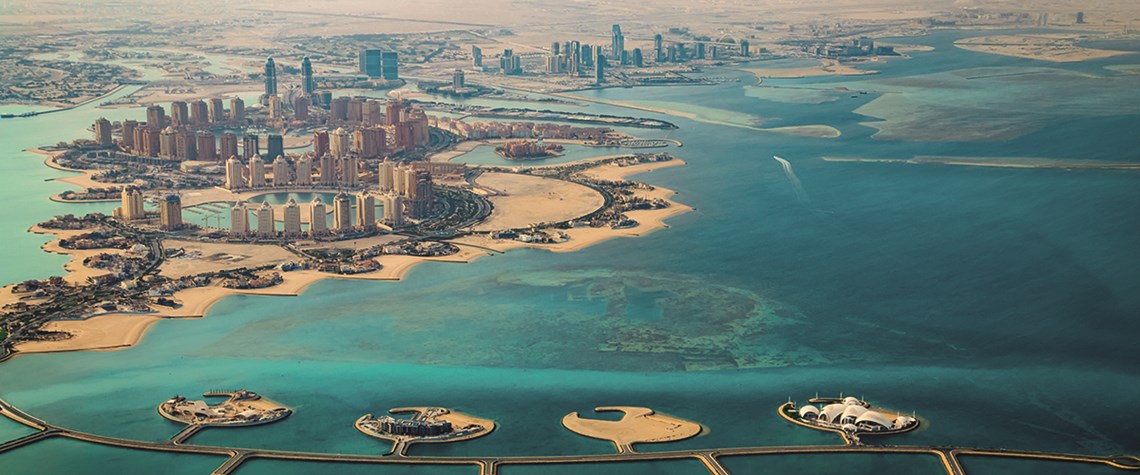Qatar’s Opec exit a sign of rising intra-Gulf tensions
The Gulf state’s departure will not damage Opec’s operations, but will cement intra-Gulf divisions
On the global energy stage, Qatar is a natural gas mega-performer, but plays only a small part in oil production. Its approximately 600,000 b/d of output represents no more than 2pc of total Opec production. Qatar appears to recognise that Opec's role has diminished over the past two years, with the initiative on global oil price strategy being dictated by two giant producers: Saudi Arabia and Russia. Even though Russia is not part of Opec, its voice is one that the organisation can no longer ignore. Saudi Energy Minister Khalid al-Falih said in October that cooperation with Russia would intensify in the months ahead, allowing the two states to "establish the framework of long-term coordinat

Also in this section
18 February 2026
With Texas LNG approaching financial close, Alaska LNG advancing towards a phased buildout and Magnolia LNG positioned for future optionality, Glenfarne CEO Brendan Duval says the coming year will demonstrate how the company’s more focused, owner-operator approach is reshaping LNG infrastructure development in the North America
18 February 2026
The global gas industry is no longer on the backfoot, hesitantly justifying the value of its product, but has greater confidence in gas remaining a core part of the global energy mix for decades
18 February 2026
With marketable supply unlikely to grow significantly and limited scope for pipeline imports, Brazil is expected to continue relying on LNG to cover supply shortfalls, Ieda Gomes, senior adviser of Brazilian thinktank FGV Energia,
tells Petroleum Economist
17 February 2026
The 25th WPC Energy Congress, taking place in Riyadh, Saudi Arabia from 26–30 April 2026, will bring together leaders from the political, industrial, financial and technology sectors under the unifying theme “Pathways to an Energy Future for All”







